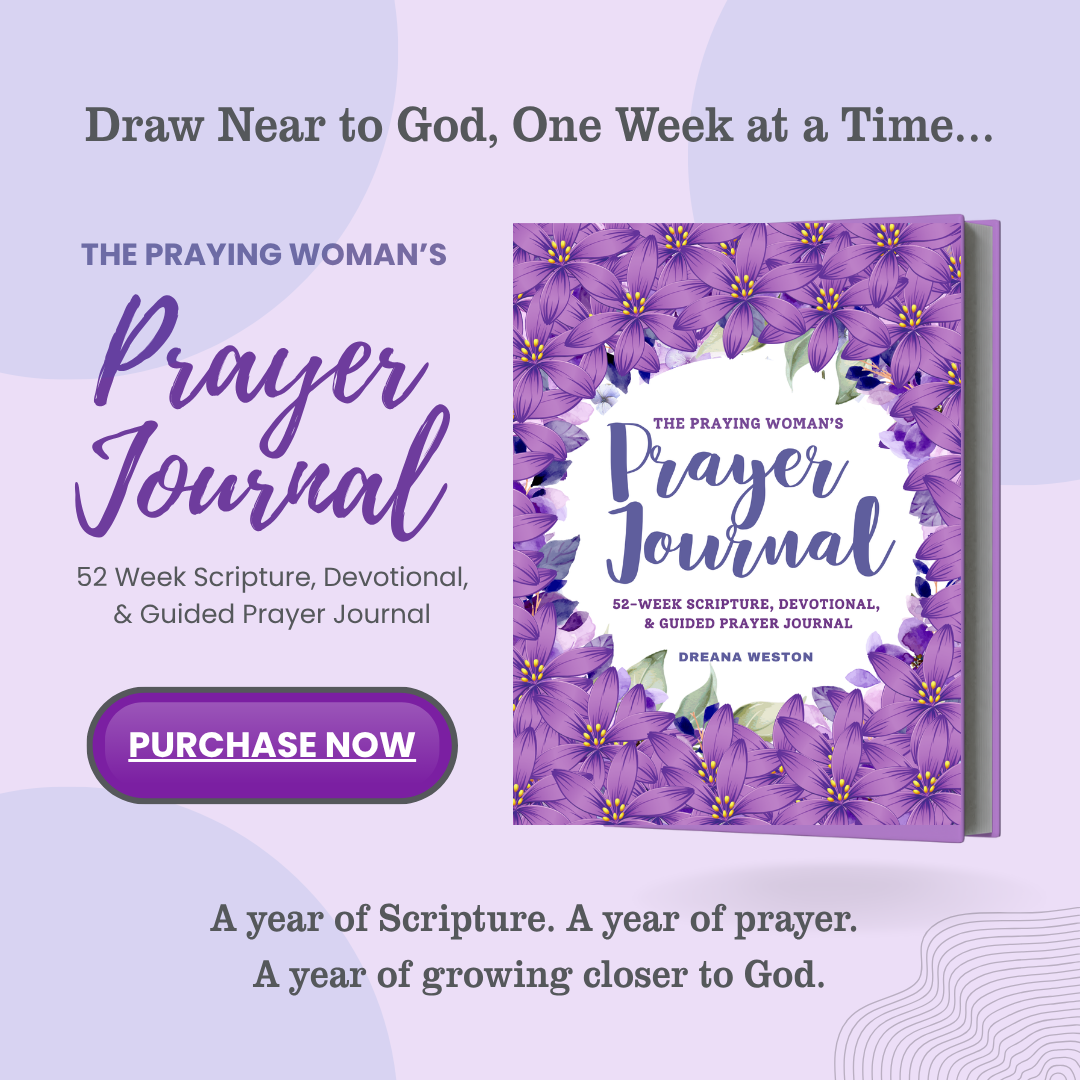Are you wondering if there’s something you can do To Heal Emotional your Pain?
Over the last two years I have experienced suffering like I’ve never experience before.
Heart breaking, life changing, unexpected suffering that has challenged me on every level. It challenged my mind, body and faith – even to the point of wanting to end my life.
Those who knew me well knew something was wrong just by seeing me, but few knew what to do. I don’t blame them at all. I didn’t know what to do either.
Your pain will certainly be different to mine. Everyone’s pain is different, but valid. My pain originated from betrayal, a miscarriage, break-ups, unrequited love, the death of a family member and also a close friend, rape, change in jobs, change in city, depression, coming to terms with my own brokenness, and challenges in setting up a new life while dealing with all these things.
All this after living a relatively ‘charmed’, successful and ‘good’ Christian life. Everyone’s experience is different, and we will feel pain differently. Some will try to tell you that your pain isn’t justified – that others suffer worse than you.
However, pain is pain and should be acknowledged for what it is. And, it should be treated seriously. Treated badly it can lead to much greater pain, or even loss of life.
So, as I sit here today I wanted to take the time to reflect on the lessons I have learned through this suffering. A year ago I wrote the lessons I had learned after one year of suffering. All these lessons remain to be true today.
However, after another year of searching my understanding of suffering, and myself, has grown even further.
These are the lessons I learned. While I know often these lessons can only be learned through experience, my hope and prayer is that they might be helpful for those who are suffering.
Here are 10 things you should do to heal from emotional pain…
1. Acknowledge the pain you’re experiencing
Society will be uncomfortable with the pain you are feeling.
We want quick fixes, and feel much more comfortable being surrounded by happy people than those in pain.
However, don’t give into the pressure to pretend to be ok if you’re not. It’s essential to acknowledge the pain you’re feeling and work through it – there are no short cuts.
If you try to take any, your healing will only take much, much longer. Cry when you need to, acknowledge what you feel and don’t be ashamed.
2. Be kind to yourself
If you are someone that is used to being there for others, recognize that in your own suffering, it might be difficult, or even impossible to be there for others like you may have been in the past.
Some will tell you that taking care of others is the best way to keep your eyes off yourself, and while it is always good to love others, do not beat yourself up if you’re unable to do so.
If you are suffering, take the time to heal and do whatever you need to do this.
Again, if you ignore your own healing it very well may prolong the time you spend suffering, thereby prolonging the time away from being able to be there for others, fully healed. The best thing you can do is focus on your own healing at this moment.
What does this look like practically? Well, it’s different for everyone. For me personally, I cut back my hours at work to just the hours I had to work to live. I cooked – which is very therapeutic for me, and cooked for others – which always brings me joy to serve in that way.
I even bought myself flowers every Saturday. Lot’s of rest; I slept – a lot. Also, I stopped seeing people that made me feel bad about myself, and started only going to social occasions I actually wanted to go to.
For the first time in my life, I took time to do what I needed to do to feel ok – and was unashamed about doing so. As soon as I stopped worrying about what others thought of me and took time to focus on what I needed, I started to heal.
3. Be honest with yourself, and others
Do not keep those closest to you away from what you’re going through.
Those that love you will want to be there for you, and your relationships will grow as a result.
I lost someone close to me not because of what I was going through, but because I wasn’t honest with them about it, and it is my greatest regret. Don’t make the same mistake.
For me, in the end it caused more pain than the original source of pain, and again, prolonged my journey to healing.
4. Know that few people will take the time to understand what you’re going through; And, that’s ok.
My experience is that those who have been through similar sufferings are much better equipped to understand.
If someone isn’t able to understand, it’s often not their fault.
They’re just at a different stage in their own journey. Inevitably they will go through something painful at some point in their life, and you can be there for them then.
5. Treasure those who do make an effort to understand, and love you unconditionally
Friends, family and colleagues who show you kindness, grace and mercy, and take the time to really be with you through your time of suffering should be cherished. They are few and far between.
Do all you can to tell them how much you appreciate them, and thank God for them.
And, commit to being there for others in the same way these people have been there for you.
6. When you’re ready, take the time to understand the source of your pain
Take the time to talk through the source of your pain with a trusted friend or counselor.
I recommend a professional as your friends can only do so much.
This is an essential part of the healing journey and for making sure that the reason for your suffering doesn’t happen again – that is, if it’s something that you want to avoid.
There are some causes of pain that are not to be avoided. For example, suffering for the sake of righteousness.
7. If your suffering is a result of righteousness, consider it pure joy
This is by far the hardest thing to do when you’re in the midst of pain, but it is true.
When we suffer for the sake of righteousness it produces perseverance, character and hope – and to build this foundation and these traits will serve you well all the days of your life, and bring glory to God .
And, it seems that these traits cannot be developed any other way.
All of the greatest heroes of faith experienced significant suffering, which was used to glorify God through His incredible promise to use all things for good.
8. If your suffering is a result of your own error, repent, and know that there is grace for you in Jesus.
There are no exceptions to this.
There is nothing you could have done that God won’t forgive you for, in fact, He has forgiven you already.
Now, choose to walk in that forgiveness. Claim it. Seek knowing it.
Turn from the error of your ways and walk closer to Jesus – loving Him, and loving others.
9. If your suffering is a result of mental illness, seek treatment, and do not be ashamed.
I was diagnosed with PTSD, and then depression. Once I accepted this for what it was – a disease – and was treated well – both with medication and therapy – I was truly able to heal.
Just as it’s not possible to heal a broken leg without medical treatment (outside of a miracle), so too is it not possible to cure mental illnesses without medical treatment.
You need professional help, and the great news is that medical treatment is available.
10. Be wise about who you share with
One of my biggest regrets is that in my pain, I lost control and at times shared more with people who either didn’t want to hear it, or it wasn’t appropriate to share with.
I lost relationships, and my reputation was ruined in some places. It’s important to be honest, but do so in a safe environment with people you know will love you and not be judgmental towards you.
Again, this will save more challenges for the future. I’m in the position of rebuilding some relationships that were ruined – and some seem beyond repair.
While I believe all relationships can be restored with God’s grace, if I had been wiser about who I shared with and how, a lot more pain would have been spared – both for me, and for others.






